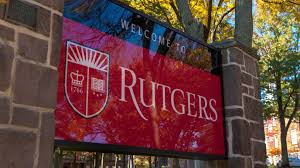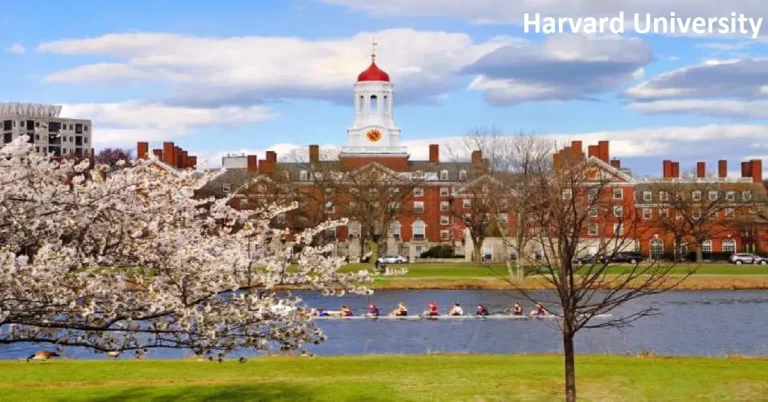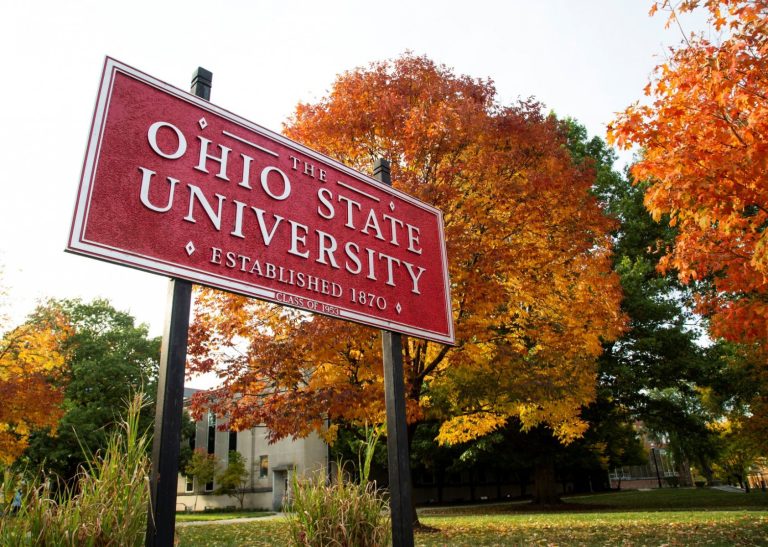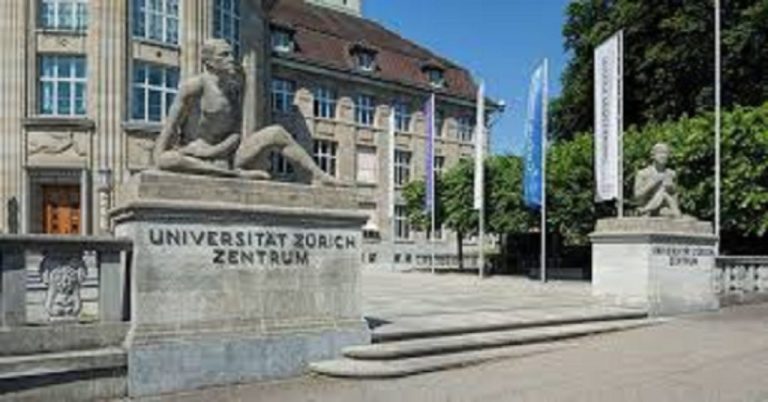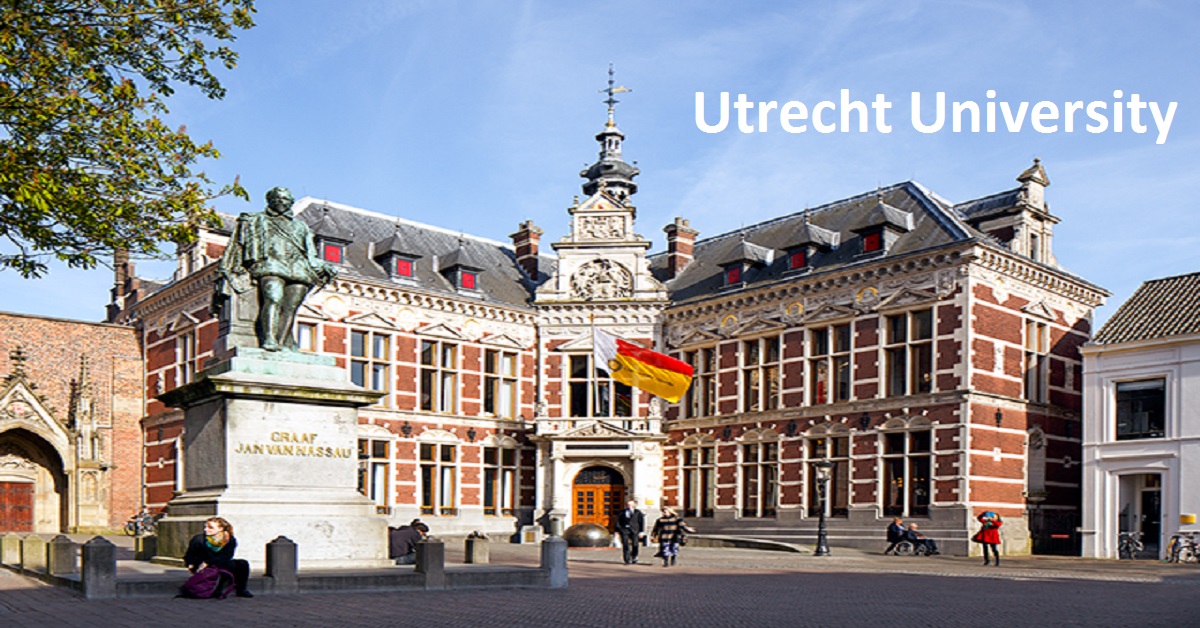
Vulnerable neighbourhoods provide strategic spatial and institutional challenges for urban energy transitions, especially in developing collective agency and achieving just transitions. In our research project “Collective agency and co-evolution toward inclusive energy transitions” (CO2PED) we build concrete tools to strengthen the urban transformative capacity of stakeholders toward developing positive-energy districts.
Your job
CO2PED engages with neighbourhoods in Belgium, Estonia, the Netherlands, and Portugal. We aim to empower residents as active agents in sustainable neighbourhood redevelopment while at the same time strengthening the capacity of municipalities and other public and private stakeholders to imagine and facilitate more inclusive energy transition strategies.
We are inviting candidates to apply for a position as postdoctoral researcher in CO2PED. You will work directly with Dr Martijn van den Hurk
and become a member of the international consortium, including the universities of Ghent, Tartu and Aveiro. You will conduct empirical research on two selected neighbourhoods in Utrecht, with a conceptual focus on the visions and visioning processes related to the futures of these two neighbourhoods. The critical research tasks include:
- analysing how the futures of the neighbourhoods are visioned;
- developing and testing alternative approaches of visioning the futures of the neighbourhoods;
- articulating methods to institutionalise novel visioning approaches locally and address their replicability internationally;
- (co-)organising consortium meetings and leading in preparing and coordinating stakeholder events and making and presenting research outputs.
Your qualities
You are an enthusiastic and motivated researcher who has:
- a PhD degree in a relevant scientific discipline such as urban or spatial planning, human geography, sustainable development, or transition studies;
- excellent academic skills and demonstrated experience concerning (a) qualitative data collection, analysis and interpretation, (b) stakeholder engagement, and (c) research ethics;
- in-depth knowledge of and/or strong affinity with neighbourhoods, energy transitions, and futures studies;
- strong (academic) writing skills;
- an excellent command of the English language – proficiency in Dutch will be considered an advantage;
- an ability to work both independently and in a team;
- excellent communication and interpersonal skills.
Our offer
We offer:
- a position for 24 months.
- a working week of 28-32 hours and a gross monthly salary between €3,345 and €4,492 in the case of full-time employment (salary scale 10.0-10.7 under the Collective Labour Agreement for Dutch Universities (CAO NU));
- 8% holiday pay and 8.3% year-end bonus;
- a pension scheme, partially paid parental leave and flexible terms of employment based on the CAO NU.
In addition to the terms of employment
laid down in the CAO NU, Utrecht University has a number of schemes and facilities of its own for employees. This includes schemes facilitating professional development
external link, leave schemes and schemes for sports and cultural activities external link, as well as discounts on software and other IT products. We also offer access to additional employee benefits through our Terms of Employment Options Model. In this way, we encourage our employees to continue to invest in their growth. For more information, please visit Working at Utrecht University external link.
About us
A better future for everyone. This ambition motivates our scientists in executing their leading research and inspiring teaching. At Utrecht University
, the various disciplines collaborate intensively towards major strategic themes
external link. Our focus is on Dynamics of Youth, Institutions for Open Societies, Life Sciences and Pathways to Sustainability. Sharing science, shaping tomorrow external link.
Utrecht University’s Faculty of Geosciences
studies the Earth: from the Earth’s core to its surface, including man’s spatial and material utilisation of the Earth – always with a focus on sustainability and innovation. With 3,400 students (BSc and MSc) and 720 staff, the faculty is a strong and challenging organisation. The Faculty of Geosciences is organised in four Departments: Earth Sciences, Human Geography & Spatial Planning, Physical Geography, and Sustainable Development.
More information
For more information, please contact Dr Martijn van den Hurk
Candidates for this vacancy will be recruited by Utrecht University.
Apply now
As Utrecht University, we want to be a home
for everyone. We value staff with diverse backgrounds, perspectives and identities, including cultural, religious or ethnic background, gender, sexual orientation, disability or age. We strive to create a safe and inclusive environment in which everyone can flourish and contribute.
To apply, please submit the following documentation via the ‘apply now’ button:
- your curriculum vitae in English with detailed academic records and qualifications and the names and email addresses of at least two referees;
- a motivation letter (max. 2 pages) in which you detail your research interests and relevant experience, and in which you briefly discuss how you would engage with the research project, focusing on addressing visioning processes regarding the futures of vulnerable neighbourhoods;
- a writing sample (e.g. an academic article or book chapter).
Job interviews are planned for 17 December 2024 and take place in Utrecht or online, depending on the candidate’s availability. The position is expected to start on 1 February 2025.
The application deadline is 30 November 2024.
